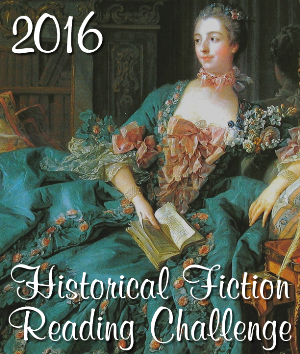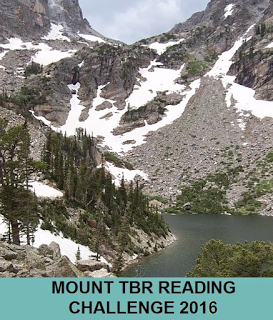I almost reviewed James Baldwin’s The Fire Next Time on my education blog rather than here, where I mainly talk about books and other things. I consider it professional reading in addition to personal reading. However, I think I will write there more generally about the educational implications of this book and Paulo Freire’s Pedagogy of the Oppressed, which I finished earlier this week as well.
Baldwin writes lucidly and persuasively about the oppression of African Americans in 1963. I wonder what he would make of the world we live in today. Not much seems to have changed, and Baldwin’s warnings about the dangers we face if we cannot begin to love one another, if we cannot be free, seem to be boiling over in our current political climate. One wonders if what we see around us is the last gasp of white supremacy before it is submerged finally. I hope this is true, but I cannot tell.
The structure of this book takes the form of two letters: one letter to Baldwin’s nephew on the occasion of the 100th anniversary of the Emancipation Proclamation and the second letter to Americans in general. It was a little hard not to underline everything Baldwin says in the book. Not a word seems out of place or unnecessary. Like one of the best sermons or gospel songs, the entire book and every letter of every word in it is critical. Baldwin argues that Americans fear freedom and that none of us, black or white, is truly free. Baldwin could be writing about our current political movement when he says
We are controlled here by our confusion, far more than we know, and the American dream has therefore become something much more closely resembling a nightmare, on the private, domestic, and international levels. Privately, we cannot stand our lives and dare not examine them; domestically, we take no responsibility for (and no pride in) what goes on in our country; and internationally, for many millions of people, we are an unmitigated disaster. (89)
Baldwin says that our only constants are birth, death, and love, “though we may not always think so” and “safety… or money, or power” are “chimeras, by which one can only be betrayed” (92). Clinging to safety, money, and power will result in the disappearance of “the entire hope—the entire possibility—of freedom” (92). We do have a chance if we are willing to take it.
[I]f we, who can scarcely be considered a white nation, persist in thinking of ourselves as one, we condemn ourselves with the truly white nations, to sterility and decay, whereas if we could accept ourselves as we are, we might bring new life to the Western achievements, and transform them. (94)
Baldwin concludes that “we, the black and the white, deeply need each other here if we are to become a nation” (97). The way forward is through love. Radical love, which is the theme of the post I will write on my education blog if I can manage to string together my thoughts coherently. Radical love is what we need if we are going to survive, for “hatred becomes too heavy a sack to carry” (99).
Reading Paulo Freire, a Brazilian educator writing about the effects of oppression on education, and Baldwin, writing about the impact of racism on human dignity, has helped me understand what happened in our recent election with a little more clarity. Some of us are afraid. The oppressed are not staying in “their place.” But as long as continue to think of each other in terms of superiority and inferiority and cannot love each other, we will none of us be free. I wish the world around us had changed since Baldwin wrote this book in 1963 and Freire wrote his in 1970, but alas, both books speak all too clearly about and to our times.
Rating:




 I don’t remember when I added this book to my TBR list, but I certainly wasn’t serious about moving up the list until recently. I have definitely wanted to read it since I read Between the World and Me by Ta-Nehisi Coates. The title of Coates’s book comes from The Fire Next Time. I definitely want to read The Fire This Time. now.
I don’t remember when I added this book to my TBR list, but I certainly wasn’t serious about moving up the list until recently. I have definitely wanted to read it since I read Between the World and Me by Ta-Nehisi Coates. The title of Coates’s book comes from The Fire Next Time. I definitely want to read The Fire This Time. now.





